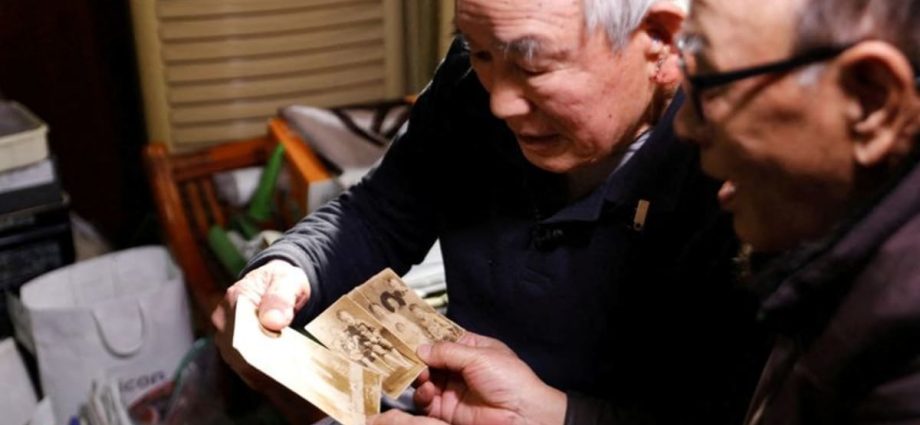
The remains of as many as 10,000 Koreans who died in forced labour, digging mines or building dams, are still in Japan, according to South Korean government estimates. Japan says it has identified 2,799 remains of Korean wartime labourers.
Efforts to repatriate them have gone nowhere for more than a decade but since taking office last year, South Korean President Yoon Suk-yeol has sought to settle historic issues with Japan and focus on shared, present-day threats such as nuclear-armed North Korea and China.
Those overtures, which resulted in the first talks between the country’s leaders in years in September, have given hope to the elderly relatives of the Chosei miners that they may still live to see their loved ones’ remains returned home.
“We’re running out of time,” said Son Bong-soo, a grandson of one of the victims, who at 65 is the youngest family member in the group. “Once we die, no one will care.”
In 2005, Japan announced a push to return the remains of Korean wartime labourers, but the initiative made little progress and petered out several years later amid souring relations.
“We expect to have a positive conversation with Japan over repatriation of the remains as now South Korea and Japan both have a strong will to resolve the forced labour issues,” South Korea’s interior ministry, which handles colonial-era forced labour disputes, said in a statement.
The ministry said it had not discussed specific cases such as the Chosei miners.
Japan’s foreign ministry said it had been in communication with South Korea about wartime labour issues but could not disclose details.

